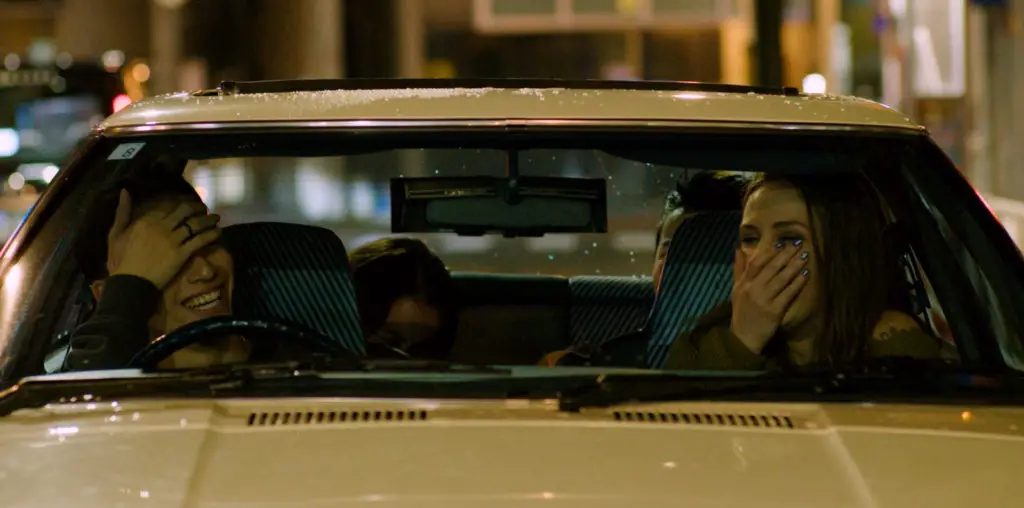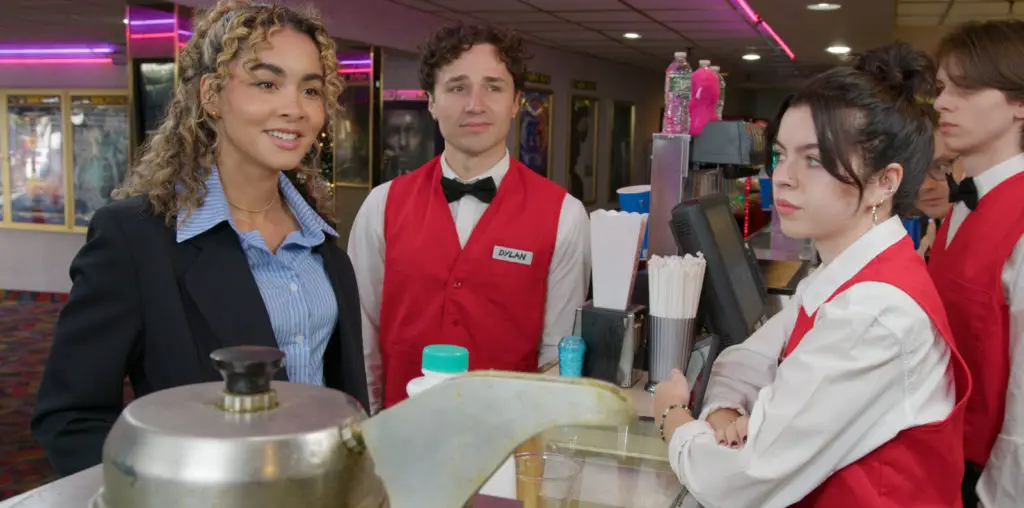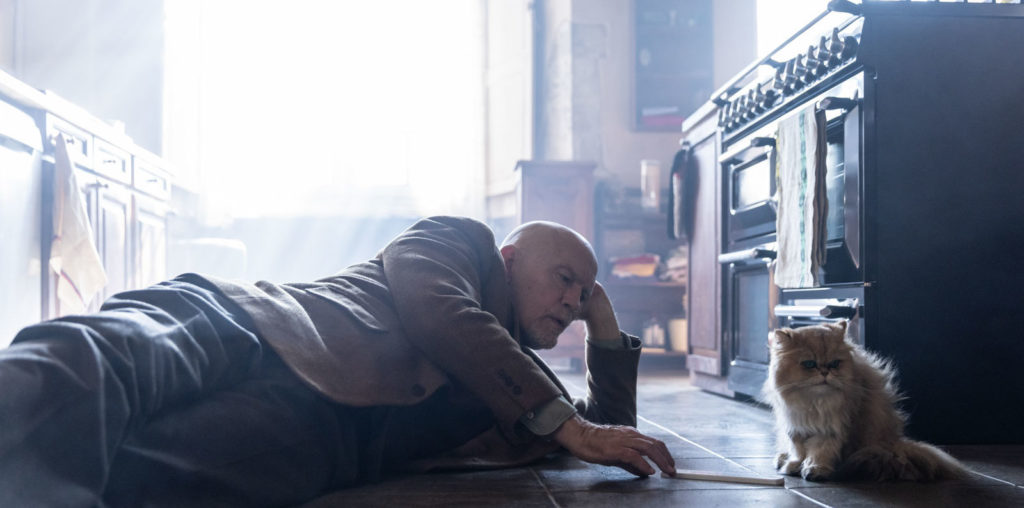
Just who is Bagger Vance, and why is he so legendary? Or, more importantly, why should anyone care? “The Legend of Bagger Vance,” Robert Redford’s film of Steven Pressfield’s novel of the same name, offers plenty of pretty sunsets and New Agey gobbledygook but very little reason why one should have an emotional investment in this benign, banal, and sometimes boring inspirational drama.
The main character is not Will Smith’s titular golf caddy, but one Rannoulph Junuh (Matt Damon), who at one point was considered the greatest golfer in all the South, but tragedy on the battlefield in WWI robbed him of all his nerve, not to mention the golf swing that earned him the respect and admiration of many fans. When Junuh’s estranged girlfriend Adele Invergordon (Charlize Theron) stages a big exhibition tournament to save the lavish golf course built by her late father, a young Junuh fan named Hardy Greaves (newcomer J. Michæl Moncrief) sees this as a chance for Junuh to reclaim his status after ten years of bitter seclusion. After some heavy duty campaigning by Hardy and Adele, Junuh reluctantly agrees, though his swing seems long a thing of the past. Enter Bagger Vance, who seemingly appears out of thin air one night in Junuh’s yard; a couple of golf pointers later, Bagger is Junuh’s caddy.
From this point, Redford and screenwriter Jeremy Leven could have completely settled into sports movie formula, and their unwillingness to fall into convention would be more admirable if their alternative were more inspired. Granted, one key variation from the formula — that Junuh’s two highly celebrated opponents (Joel Gretsch and Bruce McGill) are good people and not forced to fit into a “villain” mold — is refreshing. But the movie that Redford and Leven made really isn’t about the tournament so much as Junuh remembering his golf swing and all the psychological healing that entails. The problem is Junuh’s trauma — his guilt over being the sole survivor of his army platoon — is too simply handled, and his road to recovery is less than convincing. Bagger’s long-winded spiritual platitudes about golf are what set Junuh back on the right path, and while the lyrical fairy tale gloss Redford gives the picture keeps this point from being laughable, it simply reduces it to the lesser offense of being cornball.
So where did Bagger get his bottomless pools of wisdom? Who knows; he could be a guardian angel, a mystical spirit, or just an exceptionally perceptive and insightful man. But the vagueness of his character isn’t as irksome as that of his more down-to-earth counterparts. Junuh: good guy, lost his confidence, needs it back. Adele: good gal, wants to preserve her dearly departed daddy’s integrity. Hardy: good boy, wants his hero to succeed. All the performances are similarly nondescript, which is especially unfortunate in the case of Smith. Reduced to smiley-faced pontificating, the unpredictable energy that usually makes him a captivating screen presence is as lost as Junuh’s swing.
There is no denying that “The Legend of Bagger Vance” is a handsomely mounted production. The film is exceedingly well done on the technical end, highlighted by the cinematography of Michæl Ballhaus, who lushly captures the natural splendors of Savannah, and Rachel Portman’s subtle and evocative score. If only the entire film were able to have as firm a hold on the emotions as it does the senses.


